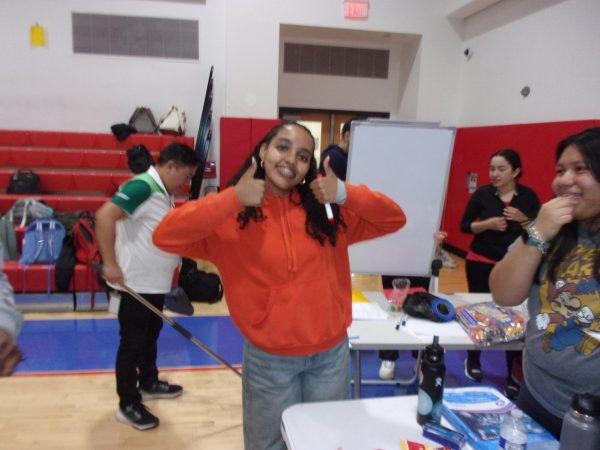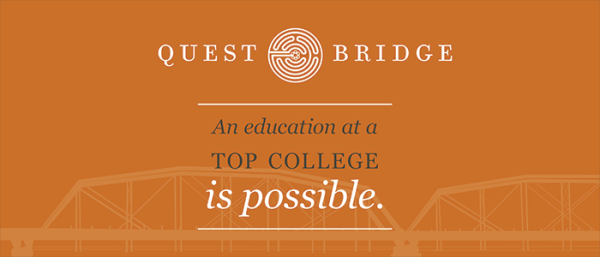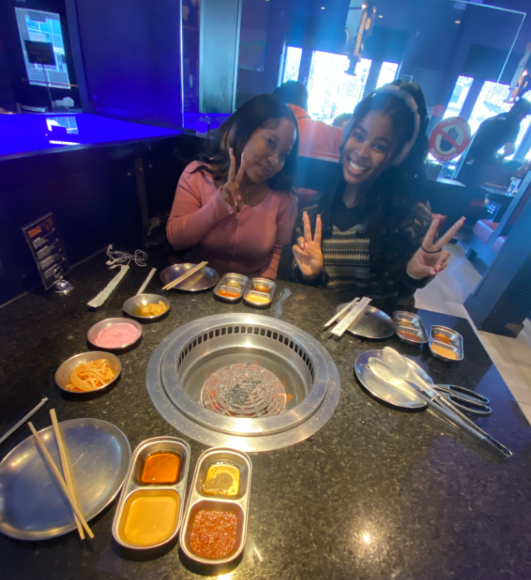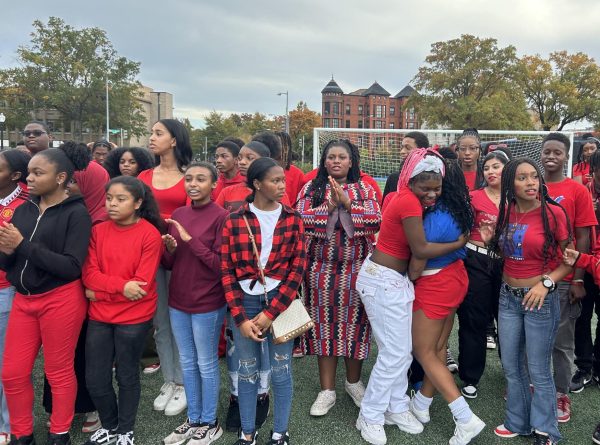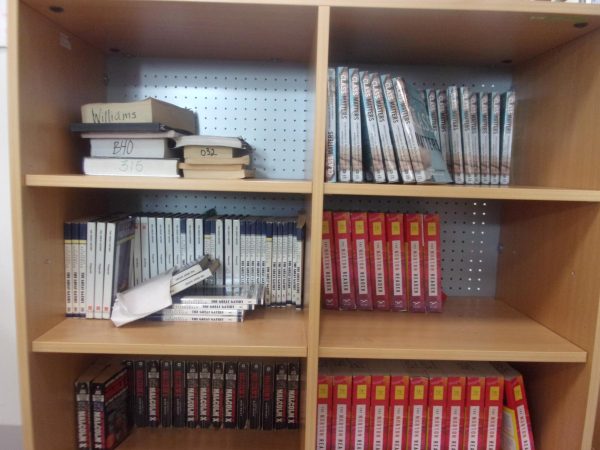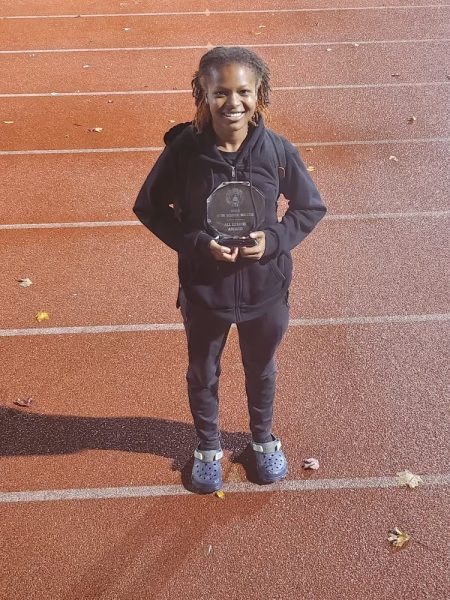Why did you choose THAT career?

There are many careers to choose between globally, from doctors to engineers and to teachers, that help shape the world, but it is often wondered: “What was the reason for their career choices?”
Many have realized that their dream career is based on interests or strengths. But what exactly did they experience growing up that made them choose those interests or even adopt those strengths?
Research over the years has demonstrated that childhood experiences affect peoples’ health in adulthood — mentally, physically, and economically. Family influence has an effect on career decision-making, self- awareness and morals, but it is up to each individual whether to practice or discard those lessons.
A group of people in the Banneker community said they had various reasons for their career choices, but their choices mainly revolved around helping other people. Dr. Manasses Yunmbam, an immunologist and pharmacologist, grew up in living in poverty in Africa. Eventually he came to the United States, and met an elderly woman at a Baptist church who paid for him to pursue a nursing degree and eventually a bachelor’s degree. Dr. Yunmbaum said he had wanted to be a surgeon until high school. After high school he went to nursing school and eventually realized his goal in life and what he found happiness in was helping people.
History teacher Jessica Tyson worked in the Peace Corps in Ecuador as a volunteer worker with public health, mainly with women. She enjoyed the experience and learned that she loved teaching others. Eventually, Ms. Tyson realized it was time for a change, to become a highly loved and prestigious high school teacher.
Others said they chose a career due to the impact of others on their lives. Christopher Gazda, a high school math teacher at Banneker, said that ever since the third grade, he has always had kind, bright math teachers, so at the end of college he decided to become a high school math teacher and has been happy ever since.
Roberto Dominguez, shipping manager to one of D.C.’s top wholesale fish companies, has always looked up to hard workers such as his mother, who helped him work hard. Mr. Dominguez arrived in America as a refugee from a war in El Salvador. He said his father was a good role model for hard work and the ability to take care of family no matter what. In addition, his mother battled cancer yet still worked until she was too ill to continue. Eventually, Mr. Dominguez was able to learn from his past experiences and grow wealth from every lesson he was taught whether they were good or bad. Watching his dad work hard and his mom battle cancer, the specific lesson he learned and still practices is determination and the strong will to fight for those he loves.
Other people in the Banneker community said their families raised them with the mentality that it was OK not to be perfect, to try again and grow from failure, adapt to any situation, and to truly challenge themselves.
Several people interviewed said they wouldn’t change any life decisions they made that led them to the careers they have today. They said that certain events occur for a reason and if one single thing was changed, they wouldn’t be where they are today.
Although about half of the interviewed people stated they wouldn’t drastically change their life decisions, they would change some of them. Many of the interviewed stated they would change their work ethics when it came to school and college studies, in addition to taking college classes that they found interesting, rather than only the classes needed for their dream career.
These two main changes have shown the importance of taking college life and education as a whole a little more seriously to confirm whether or not your desired career is the best fit for you.


